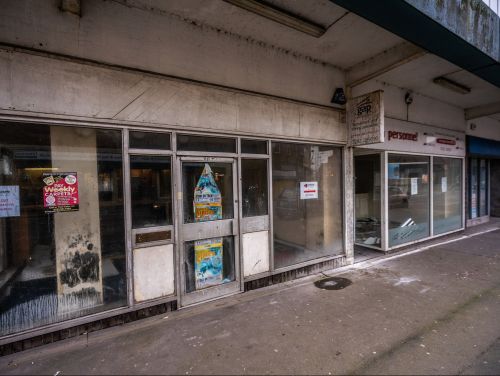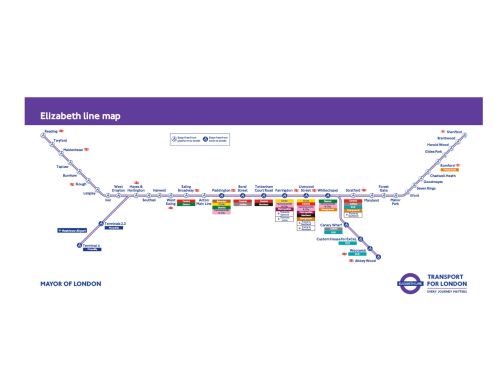9 April 2025
Will New Legislation Save Our High Streets?
Commercial, Development, Industrial & Logistics, Industry News, Offices, Retail & Leisure, SHW News
Local authorities are now empowered to auction vacant High Street properties without the owner’s consent in a bid to revitalise town centres and prevent landlords from sitting on empty properties.

The new legislation came into force on 2 December 2024 as part of the last government’s Levelling Up and Regeneration Bill.
High Street properties which have been vacant for a year can be auctioned off for rental as of the 366th day whilst those that have been vacant for a total of 366 days over the previous two years can also be incorporated.
Premises subject to forced auction span several uses including shops or offices; provision of services; restaurants, bars, pubs, cafés or other establishments selling food or drink for immediate consumption; public entertainment or recreation venues; communal halls or meeting-places; and manufacturing premises or buildings used for other industrial processes. Premises which are or were last used wholly or mainly as a warehouse are not eligible.
So, will it work?
The "yays"
The new Labour government has backed the scheme in the belief that it will help regenerate town centres and will enable businesses and community groups to rent empty units at market prices.
In his position as Parliamentary Under-Secretary of State (Local Growth and Building Safety) Alex Norris MP writes that local leaders have been given the means to ‘take back control’ and ‘deliver the change their communities need’ and ‘High Street Rental Auctions will be an important weapon in their armoury’.
The British Independent Retailers Association (BIRA) welcomed the move as a positive step towards injecting new life into high streets and called upon its members who have experienced vacant premises in their localities to engage with their local council to understand how they intend to implement the new legislation.
The "nays"
Landlords will be left footing the bill for empty properties under the new rules, it is feared, since they could well find themselves in the position of having to bring properties which local authorities successfully auction off up to standard without any input into the rental price.
Arguments against forced auctions include the fact that no landlord wants their property empty but a combination of factors have led to prolonged vacancy including changing consumer shopping behaviour, the cost of living crisis resulting in less disposable income and expensive business rates.
The British Property Federation said the auctions would not solve the problem of empty shops on Britain’s high streets.
Ion Fletcher, Director of Policy, British Property Federation, was reported to have said: “The priority should be supporting and funding local partnerships that can address local issues, provide a long-term vision and draw in investment to address empty space. Government should explore innovations like Town Centre Investment Zones, where targeted funding and planning powers can bring local stakeholders together in regeneration, to revitalise struggling locations.”




